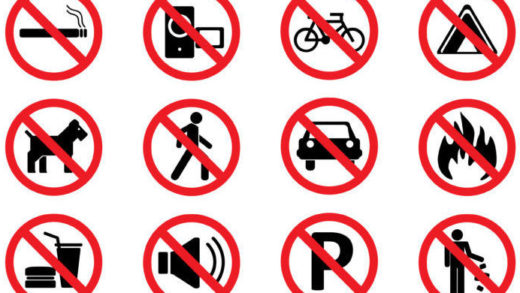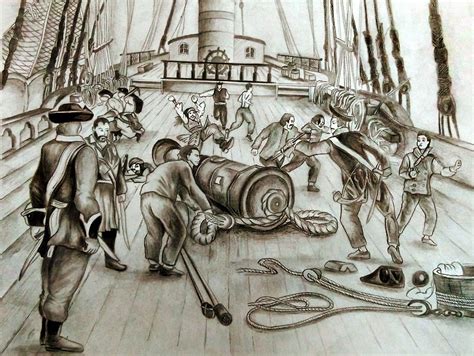Today, Facebook and Twitter began a purge, ostensibly to get rid of “spam”. In their announcement, Facebook described their reasons in some detail, and at least one of those reasons chills my blood.
*I* discovered what was going on because two of the Facebook pages I tend to watch because they twig me to political/social developments that rarely make it to major news outlets suddenly began showing up as:

After visiting their websites, I became aware that per Facebook, they had removed “559 Pages and 251 accounts that have consistently broken our rules against spam and coordinated inauthentic behavior.”
In and of itself, removing fake accounts and spam isn’t terribly disturbing. What *is* disturbing is that the two pages I was looking for, “Free Thought Project” and “Police the Police” are *NOT* spam, or inauthentic, or even particularly “coordinated”, by any reasonable definition. The only part of Facebook’s statement that would even remotely apply to either would be:
these networks increasingly use sensational political content – regardless of its political slant – to build an audience and drive traffic to their websites, earning money for every visitor to the site. And like the politically motivated activity we’ve seen, the “news” stories or opinions these accounts and Pages share are often indistinguishable from legitimate political debate. This is why it’s so important we look at these actors’ behavior – such as whether they’re using fake accounts or repeatedly posting spam – rather than their content when deciding which of these accounts, Pages or Groups to remove.
Let that sink in a minute. Valid news, “indistinguishable from legitimate political debate” (which I’m almost 100% certain is a really dishonest way of saying “legitimate political debate”) is being banned because the topics they choose have been arbitrarily declared “sensational”, and/or (gasp) they try to sell stuff on their websites to support their publishing!
How much “legitimate political debate” has been banned, as opposed to actual spam? No one knows for sure, but reports by “The Anti-Media” (also banned) and Slate seem to think that this is a purge of almost exclusively political pages and members. The wild part is that while much of the banning seems to have been oriented toward conservative/pro-Trump organizations, a large portion seems to have targeted pro-left or libertarian groups/accounts.
Now, to be sure, Facebook and Twitter are private organizations, and have every right to do whatever they want with their platforms. The nightmare here is that a *lot* of these groups are anti-establishment in tenor, and their very popularity is likely what got them banned. In a climate where most of the electorate opposes the actions of our government in one way or another, and for the first time in a long time is actually somewhat energized in that opposition, is it surprising that alternative media groups not willing to ignore actual problems unaddressed by the major media or political parties would be popular? I don’t know what percentage of the banned sites were actual spam, rather than “sensational topics”, and there are surely a number of valid removals, but even a five minute search of the internet turned up dozens of perfectly valid, if somewhat small and overly ad-contented news outlets in the latter group.
Facebook and Twitter are only two of many media outlets, certainly, but they currently constitute a massive percentage of the world’s news discovery channels. There is a massive cost to moving to smaller social media outlets in terms of viewership and ability to remain financially solvent. Actions like this one WILL kill off a large number of the smaller, issues-based media sites, regardless of affiliation.
First they came for the speech of the Nazis, and I did not speak out-
Because I was not a Nazi.
Then they came for the speech of the tin-foil-hat conspiracy theorists, and I did not speak out-
Because I was not a tin-foil-hat conspiracy theorist.
Then they came for the speech of the people who thought the police shouldn’t murder unarmed people in our streets, and



1 Response